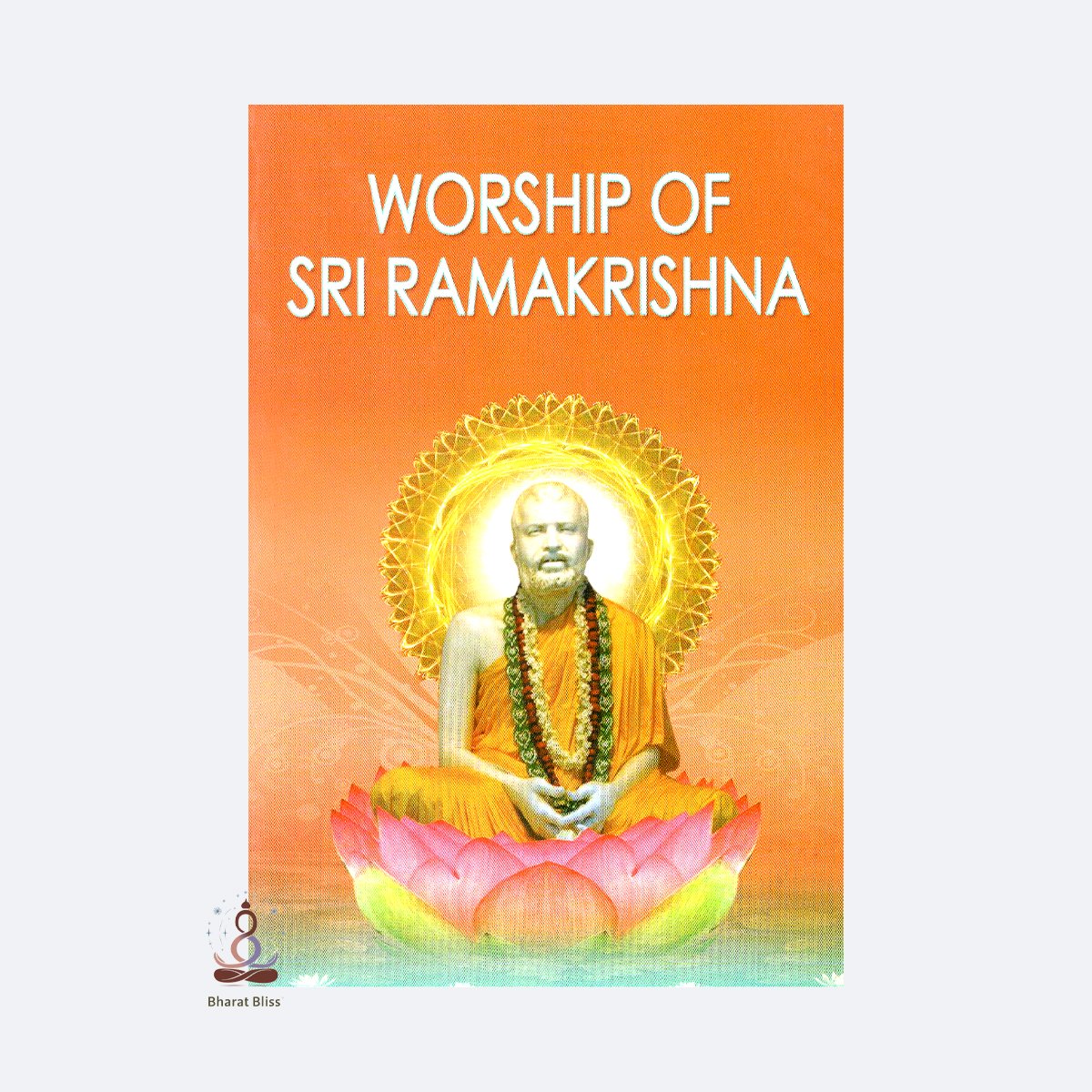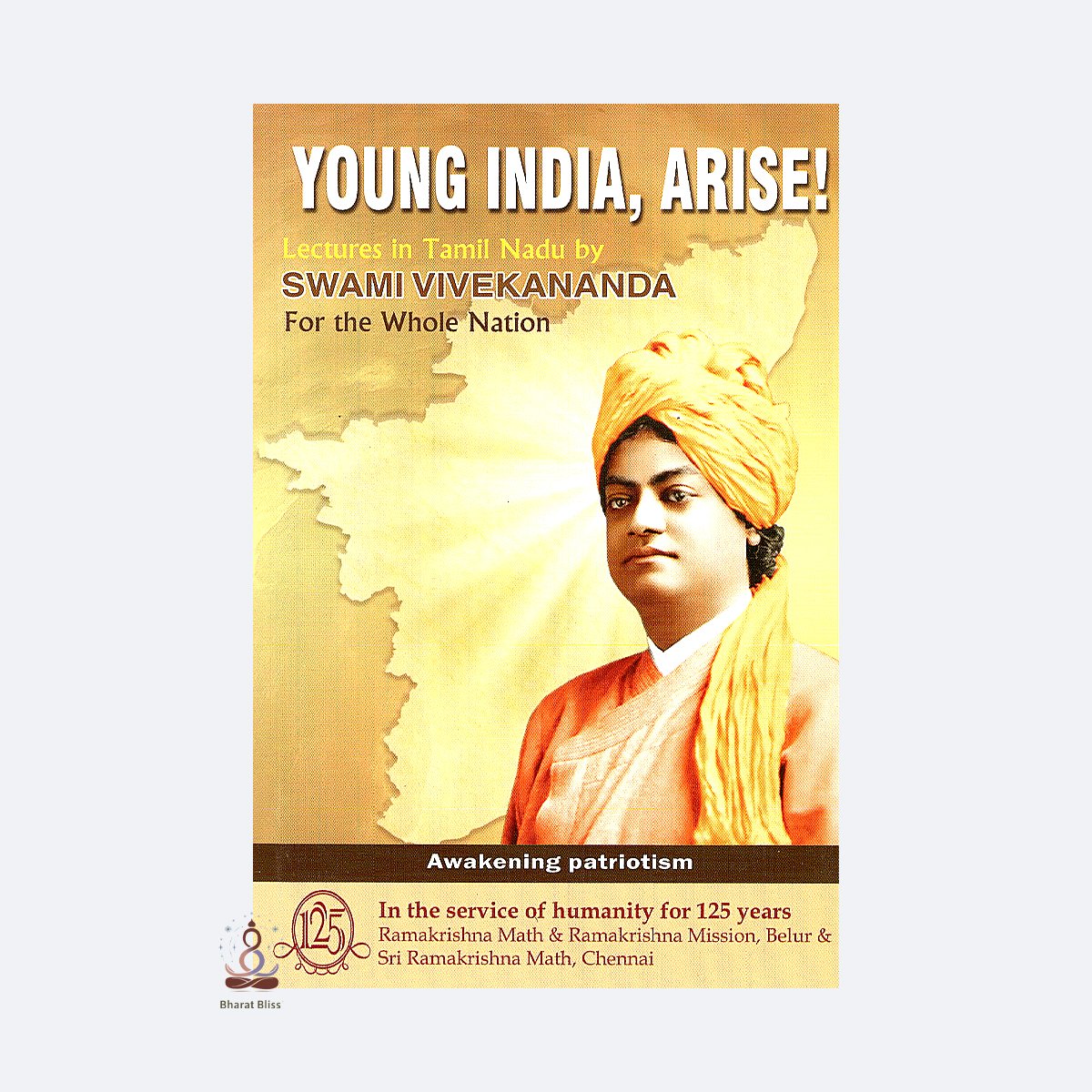Description
Jnana Yoga (pronounced “Gyana Yoga”) is one of the four main paths of yoga in Hindu philosophy, and it is known as the “Path of Knowledge” or “Path of Wisdom.”
Jnana Yoga is the path that emphasizes the pursuit of true knowledge and self-realization through deep inquiry, meditation, and philosophical reflection. It is considered the most direct but also the most difficult path, suitable for those who have a strong intellect and a deep desire to understand the nature of reality and the self.
🌟 Key Features of Jnana Yoga:
-
Focus on Self-Inquiry
The central question in Jnana Yoga is: “Who am I?”
Practitioners seek to realize their true identity beyond the body and mind — the Atman (true self), which is one with Brahman (ultimate reality or God). -
Discrimination (Viveka)
The ability to distinguish between the real (eternal) and the unreal (temporary). This helps the seeker move beyond illusion (Maya). -
Detachment (Vairagya)
Letting go of attachments to material things, emotions, and even the ego. The practitioner learns to remain unaffected by pleasure or pain. -
Six Virtues (Shat-Sampat)
These include mental discipline, calmness, control of senses, inner stillness, faith, and a balanced mind. -
Longing for Liberation (Mumukshutva)
A strong desire to attain Moksha (liberation from the cycle of birth and death).
🧘♂️ Practices in Jnana Yoga:
-
Study of Scriptures (Svadhyaya): Especially Vedanta, Upanishads, and the Bhagavad Gita.
-
Contemplation and Meditation: Deep reflection on the nature of the self and reality.
-
Listening (Shravana), Reflection (Manana), and Realization (Nididhyasana): The traditional three-step process to gain and internalize spiritual knowledge.













Reviews
There are no reviews yet.